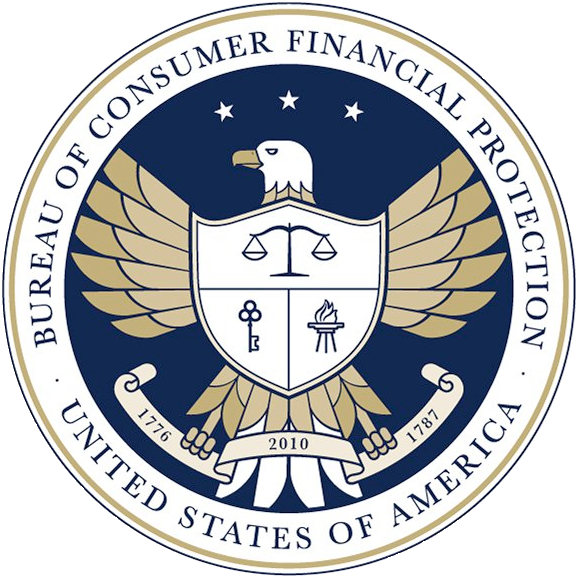
Federal scrutiny of Apple Pay has intensified as the Consumer Financial Protection Bureau (CFPB) moves to enhance oversight of digital payment platforms. The CFPB is evaluating how Apple Pay aligns with consumer protection laws, citing concerns over competition, data security, and equitable access to digital payment services. The platform, which has become a leader in mobile payments, may face significant changes if the proposed regulations proceed.
The CFPB’s investigation follows a growing trend of increased regulatory interest in fintech services, particularly in how they handle data and maintain compliance with anti-competitive practices. Apple Pay, known for its secure transaction framework, has been questioned for its exclusivity on Apple devices and its impact on fair competition among payment processors. Critics argue that restricting Apple Pay to its ecosystem disadvantages competitors and limits consumer choice.
The agency’s actions are part of broader efforts to ensure fair practices in the rapidly evolving fintech space. Regulators are examining whether Apple’s policies align with fair business practices and protect user data from misuse or vulnerabilities. The emphasis on privacy and competition reflects global trends, with similar concerns raised in the European Union regarding Apple Pay’s operations and market behavior.
Apple has maintained that its approach to payments prioritizes user security and privacy, citing innovations such as tokenization, which replaces card information with unique digital identifiers during transactions. However, consumer advocates and some regulators argue that these measures, while valuable, do not address concerns over competitive barriers and market access for alternative payment systems.
The developments come amid heightened scrutiny of tech giants, with regulators worldwide aiming to ensure compliance with evolving consumer protection standards. Financial watchdogs in the United States and Europe have consistently targeted practices that could limit innovation or harm consumers through monopolistic control. If the CFPB imposes stricter oversight, Apple Pay could face adjustments to its operational model, including potential interoperability with third-party payment platforms.
The outcome of these deliberations may set significant precedents for other digital wallets, such as Google Pay and Samsung Pay, which have also faced regulatory inquiries. Analysts suggest that increased regulatory intervention could drive innovation in fintech by leveling the playing field for smaller competitors, though it may also impose new compliance costs on industry leaders.
Notice an issue?
Arabian Post strives to deliver the most accurate and reliable information to its readers. If you believe you have identified an error or inconsistency in this article, please don’t hesitate to contact our editorial team at editor[at]thearabianpost[dot]com. We are committed to promptly addressing any concerns and ensuring the highest level of journalistic integrity.



